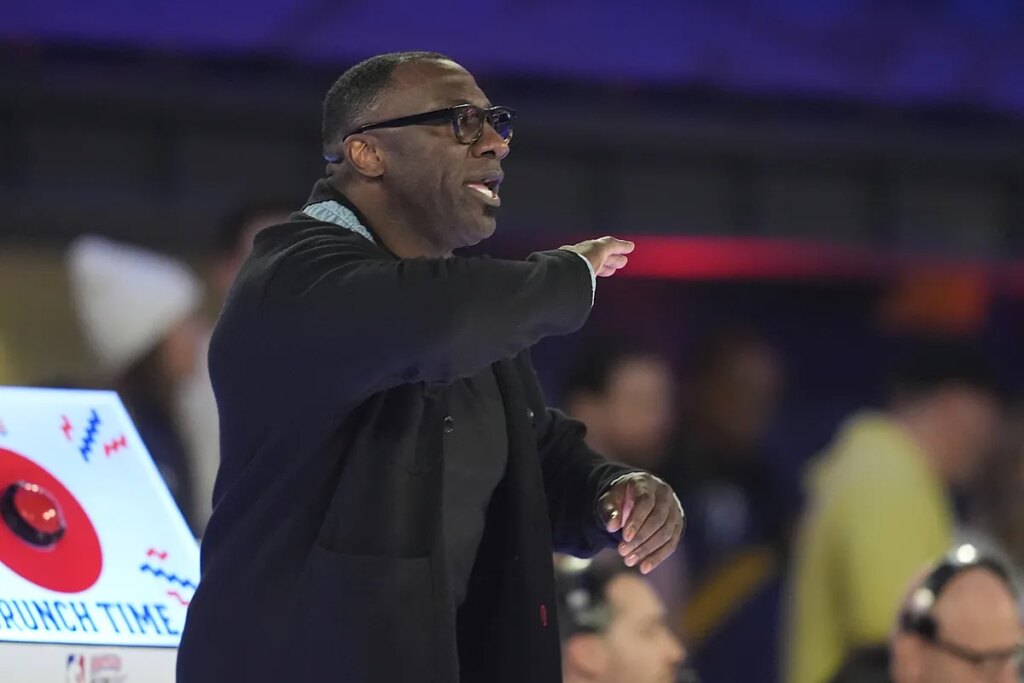Shannon Sharpe, the former NFL star and current ESPN commentator, is embroiled in a legal battle following a $50 million lawsuit filed by a woman identified as Jane Doe.
The lawsuit alleges that Sharpe sexually assaulted her multiple times during their nearly two-year consensual relationship, which reportedly ended after Sharpe accidentally livestreamed a sexual encounter on Instagram in September 2024.
In response to the allegations, Sharpe has vehemently denied any wrongdoing. His attorney, Lanny Davis, described the lawsuit as a “shakedown” and emphasized that the relationship was consensual, involving role-playing and fantasy scenarios. Davis also pointed to text messages exchanged between Sharpe and the accuser, suggesting that the sexual activities were mutually agreed upon
The legal proceedings have taken a dramatic turn with the release of an audio recording in which Sharpe allegedly threatens to choke the accuser. The accuser’s lawyer, Tony Buzbee, presented the recording as evidence of Sharpe’s threatening behavior.
At one point in the audio, the woman tells Sharpe she has no interest in being choked, but he seems to ignore her and says, “I might choke you in public … big Black guy chokes small white woman.”
However, Sharpe’s legal team contends that the audio is part of a larger conversation and does not reflect the context of their relationship. They argue that the conversation was part of consensual role-play and not a genuine threat .
Legal implications and public scrutiny
The case has attracted significant media attention, with both parties preparing for a protracted legal battle. Sharpe has indicated plans to countersue both the accuser and her attorney for defamation. The outcome of this case could have far-reaching implications, not only for Sharpe’s career but also for public perceptions of consent and the complexities of private relationships.
As the legal process unfolds, the public remains divided, with some supporting Sharpe’s version of events and others expressing concern over the seriousness of the allegations. The release of the audio recording has intensified the debate, highlighting the challenges of interpreting private conversations in the public eye
.
This case underscores the importance of understanding consent and the potential consequences of actions in both public and private spheres. It also raises questions about the role of media in shaping public opinion and the responsibilities of individuals in the digital age.
As the legal proceedings continue, all parties involved are expected to present further evidence to support their claims, and the court’s decision will likely set a precedent for similar cases in the future.
Read the full article here

